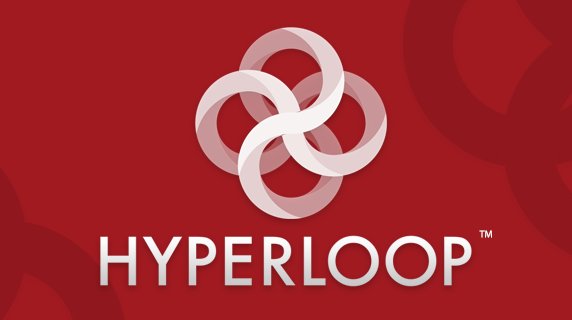Mobile developers believe that Android and iOS are going to win in the enterprise, and that Google+ and iCloud are going to be big. Those are two of the conclusions from a research report published jointly by market research firm IDC and platform vendor Appcelerator.
In the August 2011 report, 2,012 developers—all users of Appcelerator’s products—responded with their thoughts on what innovations have the most impact on how the cloud will be leveraged in the mobile OS battles that are currently raging among Apple, Google, RIM and Windows. Google+ and iCloud, with 25% and 22%, respectively, came in first place in the survey when developers were asked what innovations will leverage the cloud the most, with near-field communications (18%) close behind.
It is because of these two announcements that 44% of developers surveyed believe that both Apple and Google are poised to win in the enterprise, due to their strong hold on the consumer space.
Thirty percent of developers believe Google’s Android OS will win in the enterprise because of the market share it already has gained, as well as the multiple hardware devices pre-installed with the operating system. However, 24% believe the popularity of Apple’s iOS will carry it to victory.
Developers are all interested in developing for the individual platforms, but the degree of interest varied by device and OS.
The iPhone wins out, with 91% of developers interested in developing for the device and platform, closely followed by 88% interested in developing strictly for the iPad. Android’s phone comes in third with 87% and the tablet fourth with 74%.
BlackBerry, HTML 5 Mobile Web enhanced applications, PlayBook and Windows Phone 7 follow these powerhouses, with varying degrees of interest. The new union of HP and Palm’s webOS seems to lag behind the other platforms when attracting developers, and Nokia’s solution, MeeGo, comes in last place with 5% of developers “very interested” in developing for the platform.
Tablets, such as the Android tablet, the HP TouchPad, the iPad and the PlayBook, have, in the mind of developers, varying degrees of attractiveness for development and for consumer use. Android tablets have a long way to go in the minds of the surveyed developers.
Fifty-two percent believe that the user experience needs to be improved; forty-six percent believe phone-to-tablet app portability needs to be improved; and 45% believe minimized fragmentation needs to be improved. Better pricing, more apps and better hardware are also points that will contribute to the success of the Android tablet.
Developers also believe social integrations will play a huge role in the continued popularity of one OS over another as well as in the continued growth of the major platforms.
Eighty-three percent of developers who are already integrating social platforms already use or will use Facebook in their application this year, and two-thirds believe Google+ to be a formidable competitor for this sort of social app integration.
According to 68% of developers surveyed, Google’s assets, such as search, YouTube and maps, when tightly integrated with Google+, trump Facebook for application integration.
Adding social APIs in the next 18 months seems to be a theme for many developers, with those either creating one for Facebook, and those who already have a Facebook API moving on to Twitter, followed by Google+, LinkedIn, and Foursquare.
Those who do use the APIs for social networks primarily use them for notifications (52%), status updates (49%), and login or identity purposes (44%). Others include social APIs for messaging, news, location sharing, photo-sharing and friend requests.




